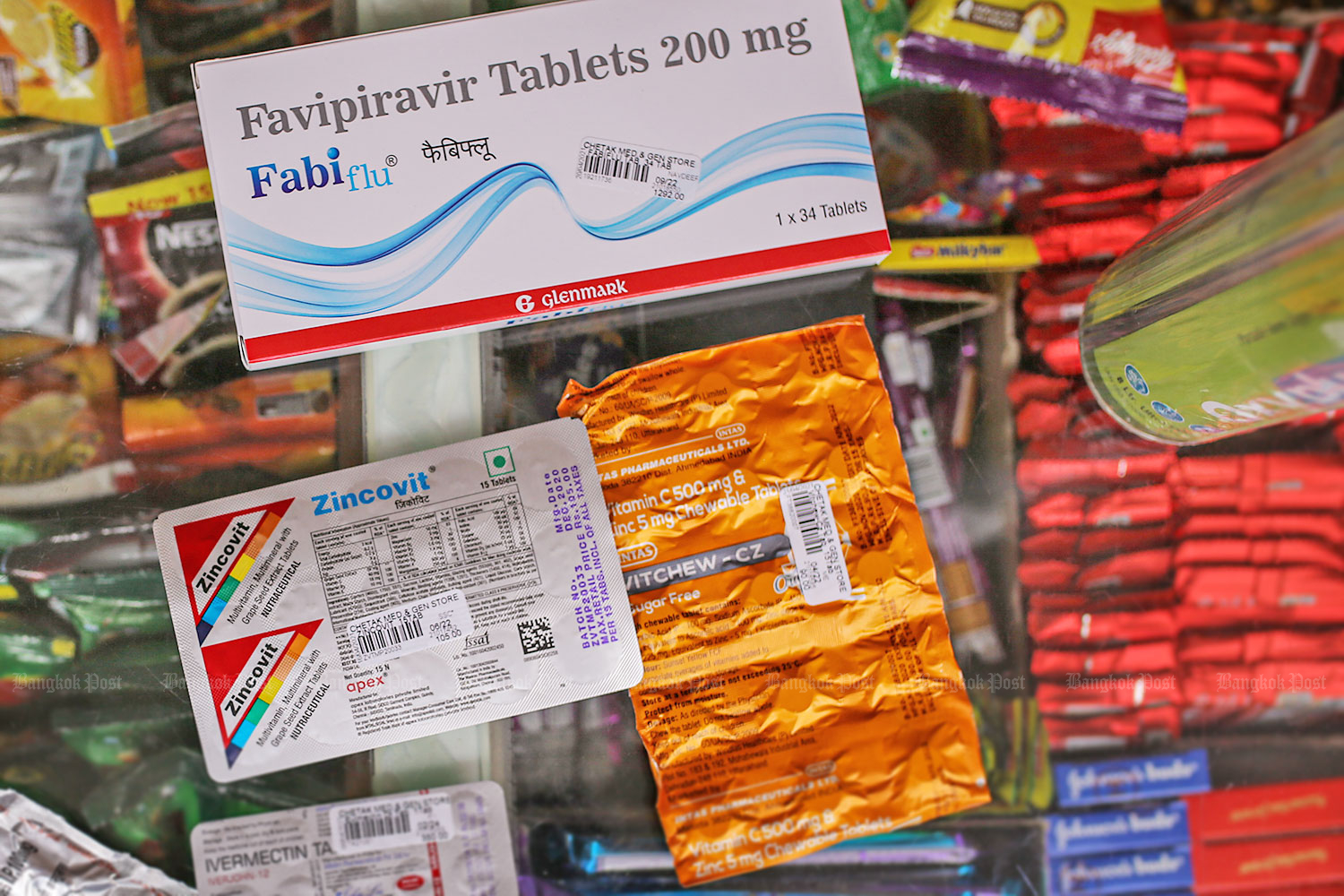
The Centre for Covid-19 Situation Administration (CCSA) has approved a plan to procure a long-acting coronavirus antibody cocktail for people with poor immune systems who cannot be vaccinated.
Government spokesman Thanakorn Wangboonkongchana said the drug, branded as Evusheld, was developed by AstraZeneca and registered in June last year.
It was authorised by the US Food and Drug Administration for emergency use in the US on Dec 8 last year, he said, adding it has also been approved by the European Union.
Evusheld is a combination of two long-acting antibodies (tixagevimab and cilgavimab) and works on the principle of "passive immunisation".
It is administered as two injections, with protection lasting for at least six months.
Evusheld is given pre-emptively to people who have not yet been exposed to Covid-19, not people who are already infected with the virus.
It is used as an alternative for people who have a weak immune response to Covid-19 vaccines or for whom vaccination is not recommended.
Speaking after a CCSA meeting on Friday, Mr Thanakorn said the Office of the Attorney-General has advised the government to amend the vaccine procurement contract with AstraZeneca to replace some of the vaccine doses with Evusheld.
This way, Evusheld will still be supplied under the same contract and budget without the need for additional payments, he said.
CCSA spokesman Taweesilp Visanuyothin said after meeting on Friday that the National Health Security Office has arranged some 22.8 million antigen test kits, which cost about 55 baht each, for free distribution to at-risk groups nationwide until September.
So far, some 3.1 million kits have already been handed out to 1.2 million people, he said.
Dr Taweesilp also said Siriraj Hospital is working with the private sector to develop Thai-made ATKs for about 40 baht each. About 200,000 kits are being made monthly, he said.
"The prime minister has applauded the move and asked them to consider the possibility of increasing the output to 1 million kits a month," he said.
"Public Health Minister [Anutin Charnvirakul] said it was possible, though the Government Pharmaceutical Organisation may also be asked to help," Dr Taweesilp said.
